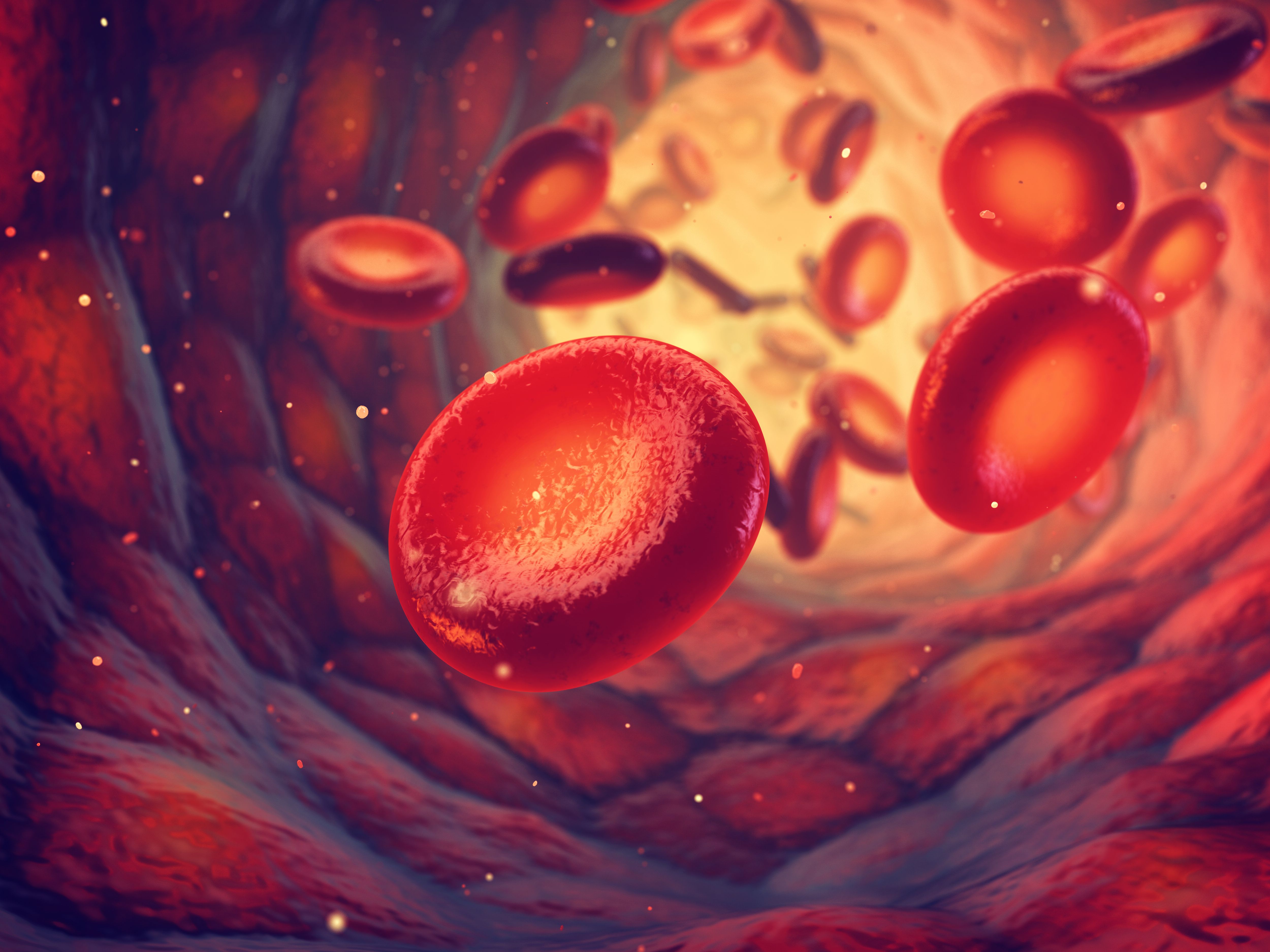Eprenetapopt With Azacitidine Demonstrates Efficacy in TP53-Positive MDS and AML
Eprenetapop combined with azacitidine has shown positive efficacy as post-transplant maintenance therapy for patients with TP53-mutant myelodysplastic syndrome and acute myeloid leukemia treated in a phase 2 study.

The novel agent, eprenetapopt (APR-246) combined with azacitidine (Vidaza) has shown positive efficacy as post-transplant maintenance therapy for patients with TP53-mutant myelodysplastic syndrome (MDS) and acute myeloid leukemia (AML) treated in a phase 2 study (NCT03588078), Aprea Therapeutics, Inc, announced, in a press release.
The findings observed in the phase 2 study will be shared with the FDA in the second half of 2021 and presented during an upcoming medical meeting.
“The post-transplant RFS and OS data with eprenetapopt and azacitidine maintenance therapy in these very difficult-to-treat TP53-mutant MDS and AML patients are incredibly exciting,” said trial principal investigator Asmita Mishra, MD, of the H. Lee Moffitt Cancer Center and Research Institute, in a statement.
In the phase 2 study, investigators sought to determine the safety and efficacy of eprenetapopt with azacitidine and to achieved complete remission with the combination in patients with TP53-mutant MDs or AML. Patients enrolled received the combination for 6 cycles until inter-current illness, unacceptable toxicity, patient withdrawal, or disease progression. The primary end point of the study was overall survival (OS), and the secondary end point is the duration of response. Response data were previously published in the Journal of Clinical Oncology. The data announced most recently by the developer are related to remission and OS.
A total of 33 patients with TP53-mutant MDS or AML were evaluated. At 1 year, the relapse-free survival (RFS) rate post-transplant was 58% and the median RFS was 12.1 months. Also, at 1 year, the OS rate post-transplant was.79%, and the median OS was 19.3 months. In comparison with prior study data which revealed a 1-year post-transplant RFS of roughly 30% and a median OS of about 5-8 months in this patient population, the eprenetapopt and azacitidine results are an improvement.
In terms of safety, eprenetapopt plus azacitidine was also a well-tolerated post-transplant regimen for patients with TP53-mutant MDS or AML.
For the study, patients were eligible given they were 18 years or older with documented MDS, chronic myelomonocytic leukemia, or AML. Patients were required to have adequate organ function a document TP53 gene mutant, intermediate or high-risk status, and an ECOG performance status of 0 to 2.
Individuals were ineligible for the study if they had known human immunodeficiency virus, hepatitis B or C infection, cardiac abnormalities, or concomitant malignancies. In terms of prior therapy, patients were ineligible if they had received azacitidine, decitabine, or an investigational hypomethylating agent, cytotoxic chemotherapy within 14 days of screening, concurrent use of erythroid stimulating agents, granulocyte-colony stimulating factor, granulocyte macrophage-colony stimulating factor, and allogeneic stem cell transplant.
“Although transplant is currently the only potentially curative treatment for patients with TP53-mutant MDS and AML, the risk of relapse with current standard of care remains unacceptably high and the median OS post-transplant is very limited at 8 months or less. Post-transplant maintenance therapy with eprenetapopt and azacitidine could, if approved, represent a new treatment paradigm that meaningfully improves outcomes for these patients with limited treatment options.”
Eprenetapopt is a small molecule that has shown the ability to reactivate mutant p53 protein in multiple hematologic malignancies, including MDS and AML. The agent also has demonstrated synergy with traditional anti-tumor agents like chemotherapy and immunotherapy.
Reference:
Aprea Therapeutics announces positive results from phase 2 trial of eprenetapopt + azacitidine for post-transplant maintenance therapy in TP53 Mutant MDS and AML. News release. Aprea Therapeutics. July 21, 2021. Accessed July 23, 2021. https://bit.ly/3kPEzms